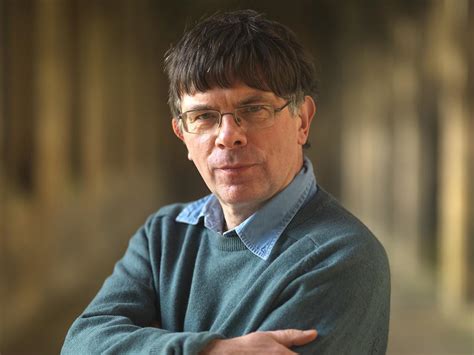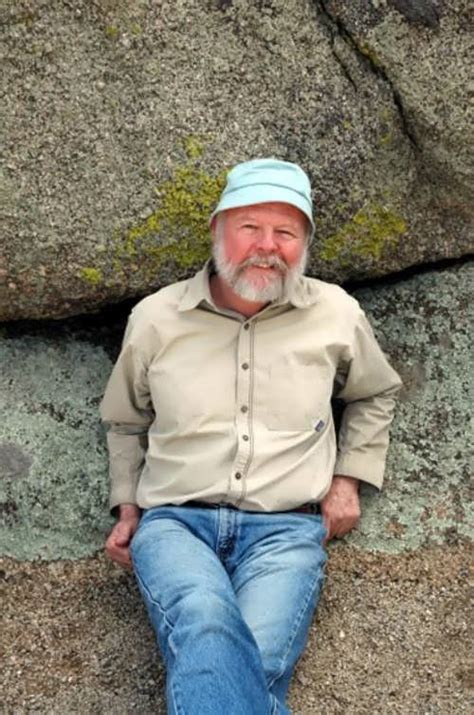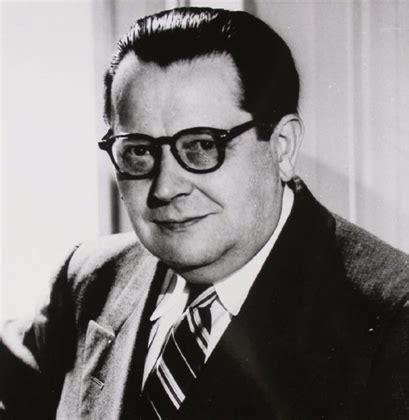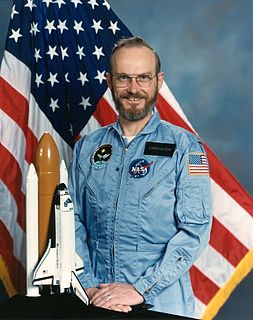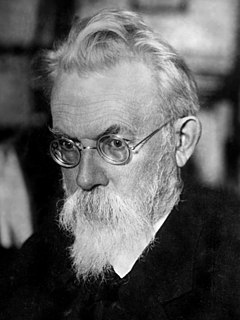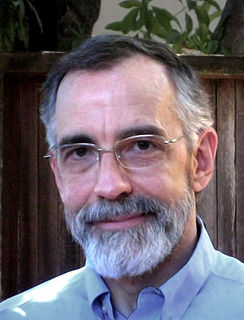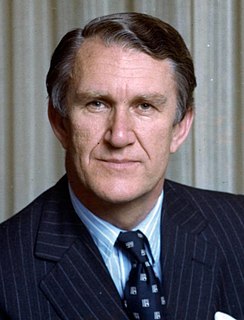90 лучших цитат и высказываний о биосфере
Изучите популярные из Биосферы .
Последнее обновление: 16 ноября 2024 г.
Безусловно, для меня, как астробиолога, научная фантастика сыграла важную роль. Одно из затруднений в нашей области состоит в том, что мы пытаемся изучать и искать что-то — жизнь — что мы не можем дать строгого определения. У нас есть только один пример биосферы, поэтому мы не можем дать точного определения.
Основная причина конвергенции, по-видимому, заключается в том, что все организмы находятся под постоянным контролем естественного отбора, а также подвержены ограничениям физических и химических факторов, которые резко ограничивают действие всех обитателей биосферы. Проще говоря, конвергенция показывает, что в реальном мире не все возможно.
В мире есть некоторые вещи, которые мы не можем изменить: гравитация, энтропия, скорость света и наша биологическая природа, которая требует чистого воздуха, чистой воды, чистой почвы, чистой энергии и биоразнообразия для нашего здоровья и благополучия. Защита биосферы должна быть нашим наивысшим приоритетом, иначе мы заболеем и умрем. Другие вещи, такие как капитализм, свободное предпринимательство, экономика, валюта, рынок, не являются силами природы, мы их изобрели. Они не являются неизменными, и мы можем их изменить. Нет смысла возвышать экономику над биосферой.
Огромные временные промежутки эволюционного прошлого теперь являются частью общей культуры (хотя, возможно, не в Библейском поясе Соединенных Штатов и не в некоторых частях исламского мира). Большинство людей спокойно относятся к идее, что наша нынешняя биосфера является результатом четырех миллиардов лет дарвиновской эволюции.
Великий замысел природы, широко рассматриваемый в четырех измерениях, включая силы, которые двигают вселенную и создали человека, с особым акцентом на эволюции в нашей собственной биосфере, является чем-то внутренне хорошим, что правильно сохранять и улучшать, а разрушать и разрушать — неправильно. деградировать.
Потребление мяса является частью нашего эволюционного наследия; производство мяса было основным компонентом современных продовольственных систем. Плотоядность должна оставаться, в определенных пределах, важным компонентом цивилизации, которая, наконец, должна научиться поддерживать целостность своей единственной биосферы.
Глядя наружу, в черноту космоса, усыпанную великолепием вселенной огней, я видел величие, но не приветствие. Внизу была гостеприимная планета. Там в тонкой, подвижной, невероятно хрупкой оболочке биосферы заключено все, что вам дорого, вся человеческая драма и комедия. Вот где жизнь; это были все хорошие вещи.
Излучения, изливающиеся на Землю, заставляют биосферу приобретать свойства, неизвестные безжизненным планетарным поверхностям, и таким образом преображают лицо Земли. Активируемое излучением вещество биосферы собирает и перераспределяет солнечную энергию, превращая ее в конечном счете в свободную энергию, способную совершать работу на Земле.
Таким образом, эволюция в биосфере является неизбежно необратимым процессом, определяющим направление во времени; направление, которое предписывается законом возрастания энтропии, то есть вторым законом термодинамики. Это гораздо больше, чем простое сравнение: второй закон основан на соображениях, идентичных тем, которые устанавливают необратимость эволюции. Действительно, правомерно рассматривать необратимость эволюции как выражение второго закона в биосфере.
Растения с листьями не более эффективными, чем сегодняшние солнечные батареи, могли бы превзойти настоящие растения, заполнив биосферу несъедобной листвой. Стойкие всеядные бактерии могли превзойти в конкуренции настоящие бактерии: они могли распространяться, как пыльца, быстро размножаться и превращать биосферу в пыль за считанные дни. Опасные репликаторы могут быть слишком прочными, маленькими и быстро распространяющимися, чтобы их можно было остановить — по крайней мере, если мы не подготовимся. У нас достаточно проблем с контролем вирусов и плодовых мух.
Более эффективное и продуктивное использование меньшего количества ресурсов Земли в экономике замкнутого цикла и переход от углеродного топлива к возобновляемым источникам энергии являются определяющими чертами зарождающейся экономической парадигмы. В новую эру каждый из нас становится узлом нервной системы биосферы.
Нам нужно изменить сознание, чтобы работать с этой технологической платформой. Нам нужен новый нарратив: нам нужно перейти от геополитики к биосферному сознанию за одно поколение. Биосфера здесь понимается как то, что простирается от биосферы до глубин океана на 40 миль, где все живые существа взаимодействуют со всеми химическими веществами, создавая очень сложную хореографию, которую мы называем «жизнь на земле». Именно биосфера является нашим неделимым сообществом.
Я твердо верю, что современное духовное использование энтеогенных наркотиков является одной из самых светлых надежд человечества на преодоление экологического кризиса, из-за которого мы угрожаем биосфере и ставим под угрозу собственное выживание, ибо Homo sapiens стоит во главе списка исчезающих видов.











